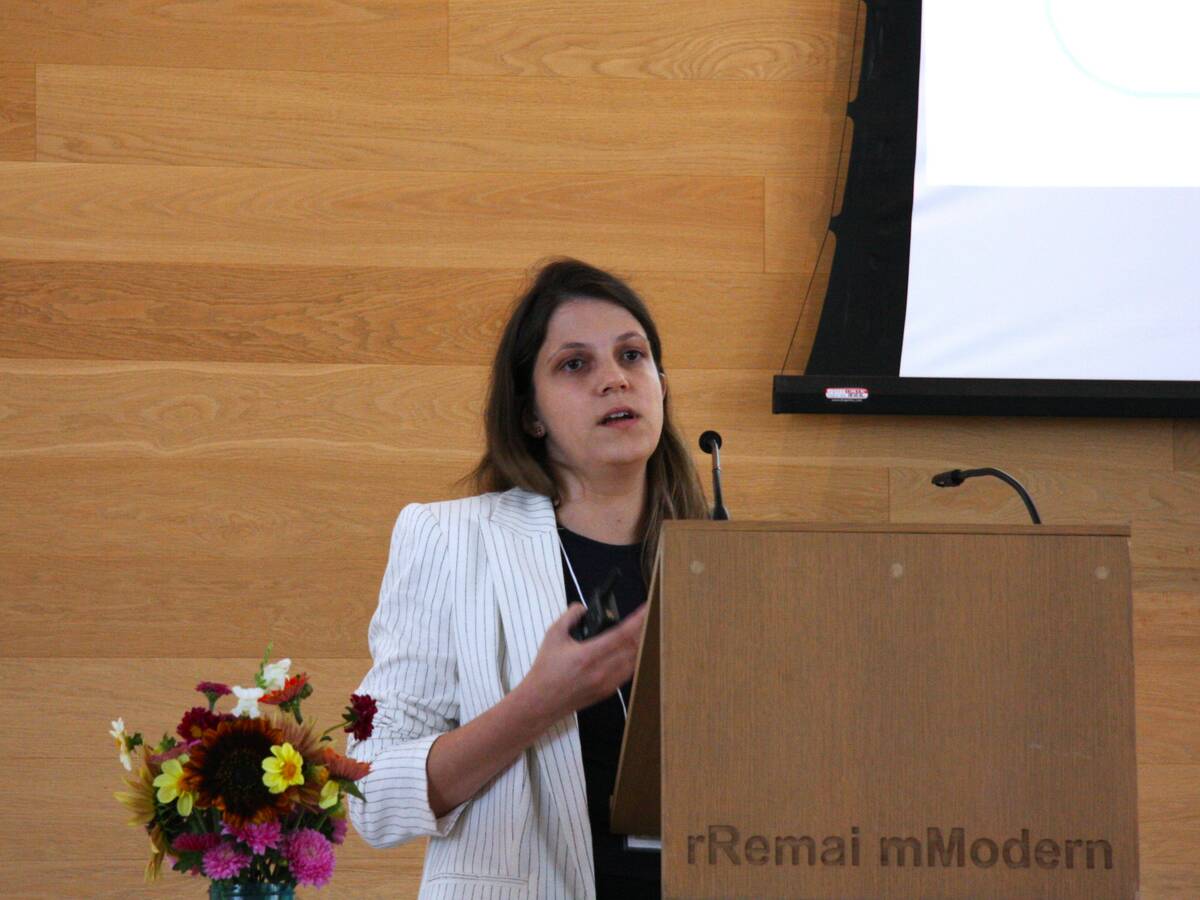Christophe Pelletier is an agricultural consultant, futurist and optimist.
During a recent seminar in Sask-atoon, the proprietor of Vancouver’s Happy Future Group Consulting spoke of the globe’s growing population — pegged at nine billion people in 2050 — without ever using the phrase “global food crisis.”
He said the world’s farmers have the capacity to feed an additional two billion people, but they must use new policies and practices to make better use of existing resources.
Recent numbers from the United Nations’ Food and Agriculture Organization show cereal consumption is outpacing production.
Read Also

Fusarium head blight mycotoxin detector in the works
A PhD student at the University of Saskatchewan has been working on developing a method of detecting fusarium damaged kernels to ease the struggles of producers, agronomists and industry.
That gets markets nervous, Pelletier said in an interview.
“So the whole thing is balancing the supply and the demand. There is a lot of work to do.”
Yields must increase to address the demand, he said, but it also requires international leadership that de-mands improved efficiency, better infrastructure and a new strategy employing unused acres and grasslands.
Part of Pelletier’s message was aimed more at producers in developing nations where infrastructure is less advanced.
“If you take China and we’re talking about wheat, it’s estimated that China wastes, post harvest, about the same volume of wheat as Canada exports,” he said. “You can imagine that they need to optimize their operations. I think more than trying to grow more there, they should try to optimize and work on the infrastructure.”
A report from London’s Institution of Mechanical Engineers says as much as half of the food produced in the world goes to waste, the result of inefficient harvesting, storage and transportation in the developing world and wasted and discarded food in the retail chain in the developed world.
It said 1.2 to two billion tonnes of food goes uneaten every year.
“Governments realize what the challenges are and where their chances are, but it takes time. It takes time and it takes money and it’s not going to happen over night. We’re talking about huge projects here,” said Pelletier.
“But when you see the potential, the potential is there to produce enough and more than enough.”
He said Canadian farmers must become business savvy marketers familiar with the whole value chain and not just their direct customer.
“It’s a lot easier when people want to buy from you than when they don’t want to,” he said.
“Too often agriculture has a tendency to produce but not realize that they don’t have a market or the market is not very positive for them at that particular moment.”
He said business will remain stronger for crop producers than ranchers, who will be squeezed by animal feed costs.
Livestock farmers might want to pursue higher value niche markets to avoid the weakness in commodity meat.














